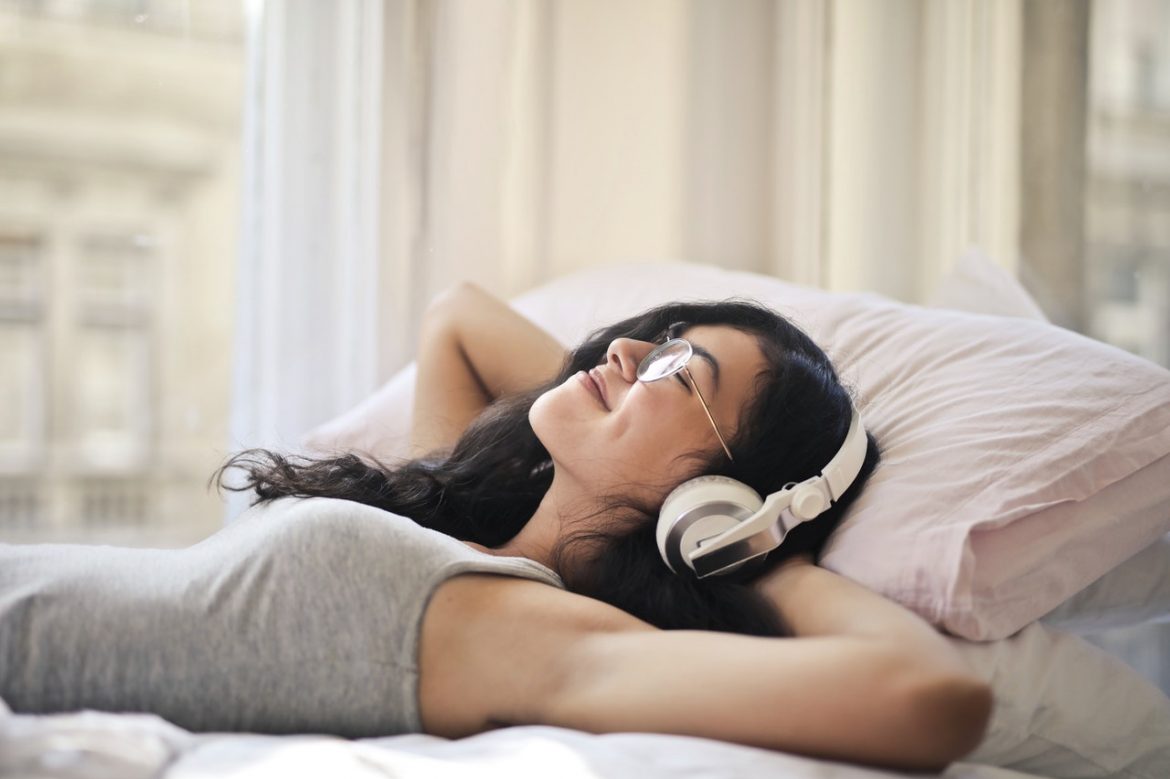
How Noise Can Affect Your Sleep

Can Music Help You Sleep?

Binaural Beats for Sleep

How to Use White Noise for Better Sleep

Sleep Aids to Treat Insomnia

Insomnia Symptoms – Do You Have Insomnia?

PMS and Insomnia – How to Fall Asleep Before and During Your Period

What to Do When You Can’t Sleep?

What Causes Insomnia?

